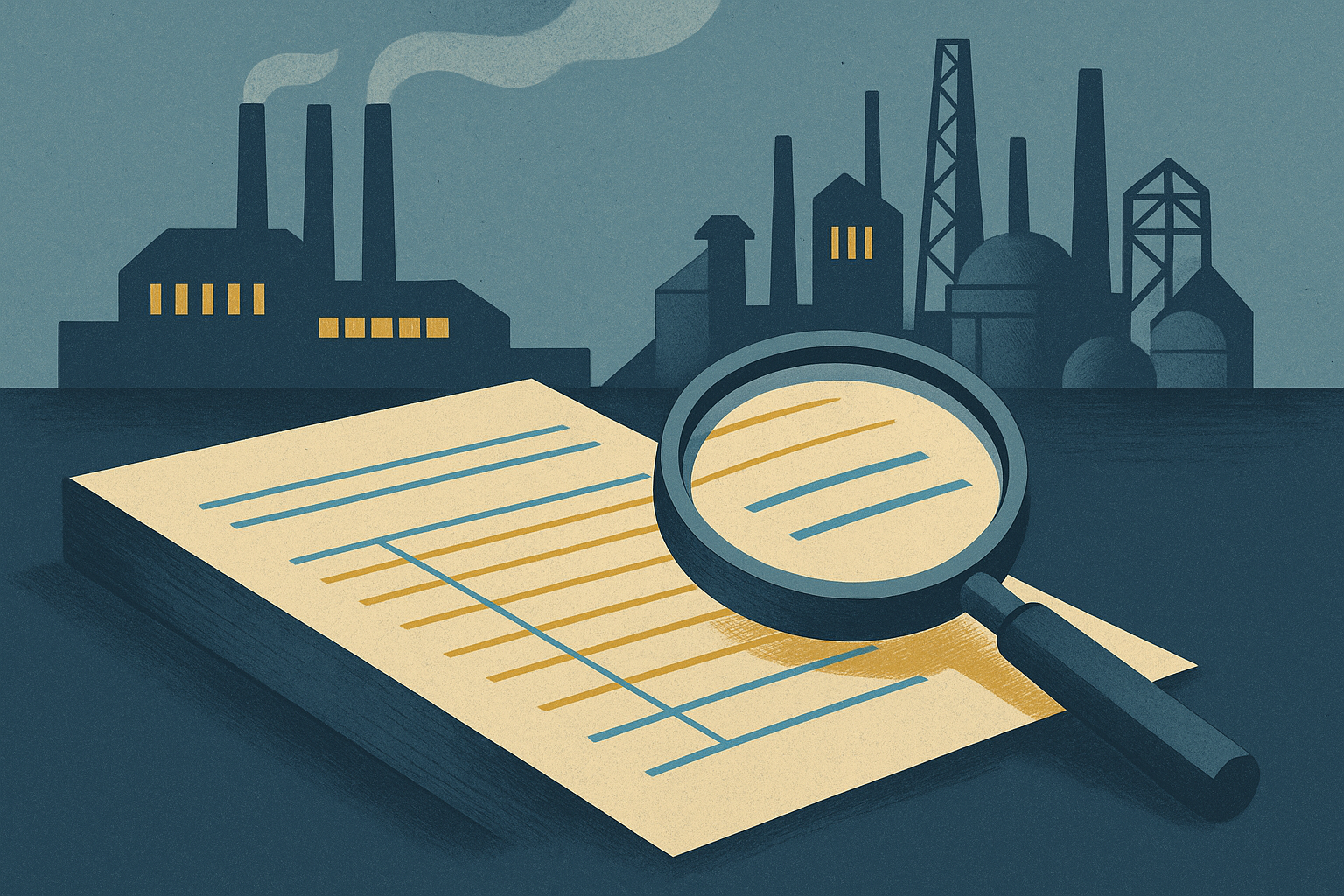The UK’s Financial Reporting Council (FRC) has opened a formal investigation into Deloitte’s audits of Glencore plc and Glencore Energy UK Ltd, covering the financial years 2013 through 2020. The watchdog will examine whether the firm adequately assessed the risk that the mining and trading giant was breaching anti-bribery laws — a critical oversight given Glencore’s 2022 admissions of widespread corruption.
The probe, announced on 23 July following a confidential vote in March, will assess whether Deloitte obtained “sufficient appropriate evidence” regarding Glencore’s internal controls and legal compliance. Sanctions could extend to individual partners, under the Audit Enforcement Procedure.
This move follows Glencore’s 2022 UK conviction for seven counts of bribery — including payments totalling $29 million across five African nations. The firm received a £281 million fine from Southwark Crown Court, the largest corporate bribery penalty in UK history.
The FRC’s action comes as the government prepares to replace the FRC with a new regulator, ARGA, and compels the Big Four to structurally separate their audit functions by 2026. Deloitte’s prior enforcement history includes a £15 million fine for failings in its Autonomy audits in 2020, and a £900,000 sanction over SIG plc audits in 2022.
Glencore’s legal liabilities stretch across multiple jurisdictions. In the United States, it paid a $1.15 billion settlement in 2022 after pleading guilty to foreign bribery and market manipulation. It also entered a leniency agreement in Brazil worth $39 million.
In financial terms, Glencore remains a heavyweight. For 2024, it reported $230.9 billion in revenue and $14.4 billion in adjusted EBITDA — though the latter was down 16% year-on-year. Its shares have fallen approximately 13% over the past year, with a 1% decline seen following the announcement of the Deloitte probe.
Investors are also watching governance developments closely, as Glencore considers whether to maintain its primary listing in London. Analysts suggest the new scrutiny could further complicate its mooted spin-out of its coal assets, already under pressure from ESG-focused stakeholders.
Citi estimates any fine for Deloitte could reach £20–30 million — financially minor for the £64 billion audit firm, but politically significant in the context of audit reform. “It’s reputational rather than existential,” said one equity desk. “But it arms those pushing for real audit separation.”
The FRC’s investigations typically span 18 to 24 months, meaning conclusions are unlikely before 2027. That timeline coincides with Glencore’s refinancing horizon, heightening stakes for investors and regulators alike.
Follow-up analysis: Possible BQX angles
- Audit accountability and individual sanctions — track FRC precedent for partner-level penalties and compare with the Carillion and Autonomy cases.
- Governance discounts in valuation models — explore how corporate governance flags affect equity pricing, particularly in ESG-sensitive sectors like mining.




